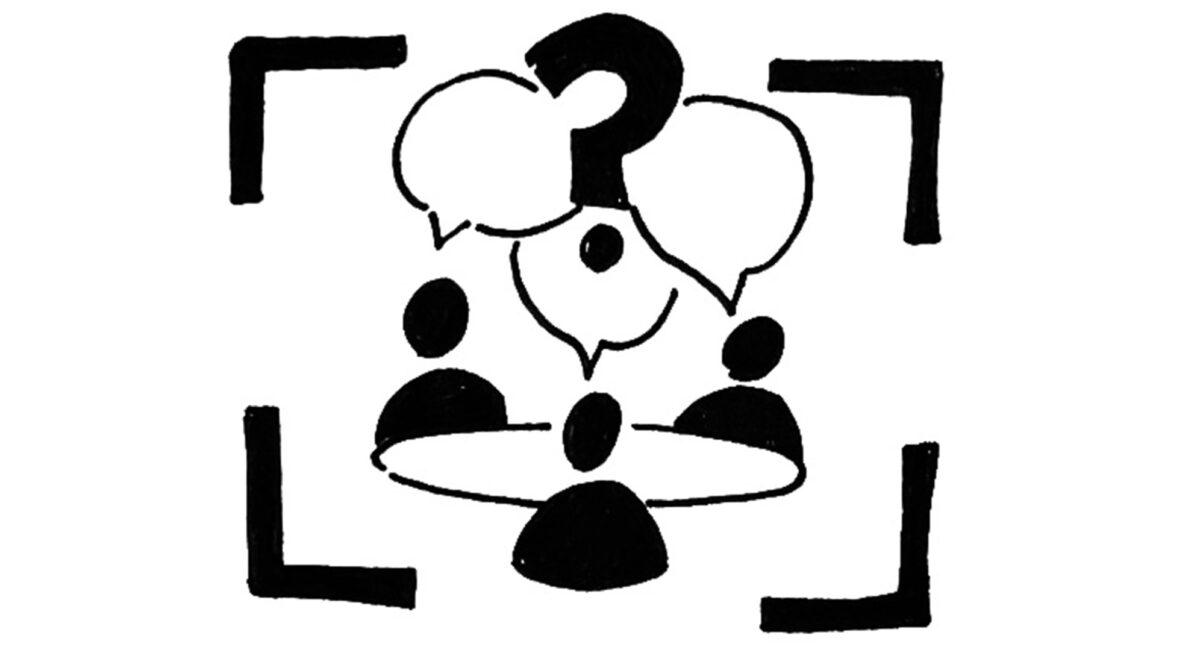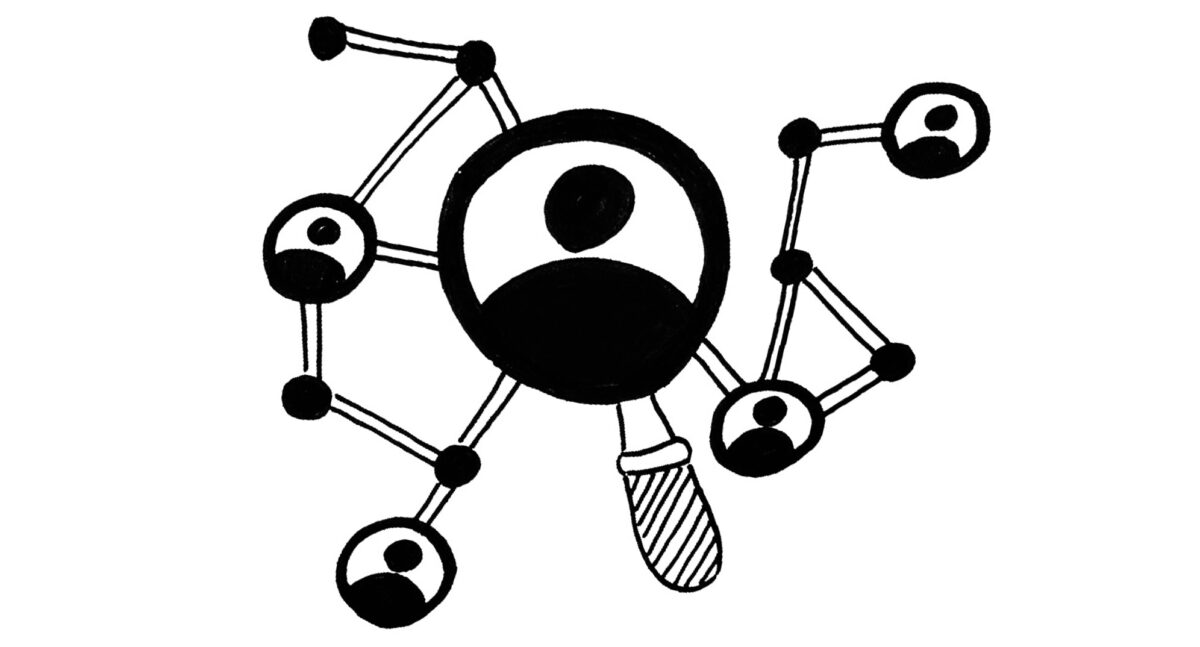Focus groups are collective conversations where interested or impacted people are able to come together to share their opinions. Focus groups add an additional dimension to information collection as they allow for interpersonal interactions and brainstorming that are not possible in a survey or individual interview. Focus groups are structured around a set of predetermined questions that encourage a free discussion and can be used for ideation, testing innovative ideas, or providing feedback for evaluation work.
Steps:
- Develop a group interview protocol to outline questions and procedures. Consider the language used to invite participants and the space in which the focus group will be held.
- Consider your criteria to determine the screening of potential participants.
- Reducing barriers and incentivizing participation can be important. This can be done by offering financial compensation for participation, evening or weekday groups, transportation, child care, interpretation, food, and accessible site selection. Other formats, such as a group phone call or video conferencing, are also ways to include others that might be hindered by showing up in person.
- When developing questions for the group interview, make sure that they are concise, and use accessible language.
- Start with an ice breaker question to introduce participants to each other and to the topic of discussion.
- Move into the topic of discussion. The facilitator during the focus group is responsible for asking questions and moving the dialogue along. A note taker should be available to document the discussion as accurately as possible (if you record the focus group, ask for permission from the participants).
- Analysis of the group interview will vary depending on the purpose of the data collection but might include transcription, thematic analysis, and checking your interpretation with others in the work group.
Considerations:
- The role of the facilitator is crucial in guiding the conversation and including all participants. The facilitator should strike a balance between prioritizing asking all prepared questions and probing for additional themes that might come up. The facilitator should be a nuanced host in holding space to address power differentials between participants, or dynamics that can be harmful (such as gaslighting, insulting another participant or denying their perspectives, or harmful language).
- The group size should not be so large that some participants aren’t able to speak.
- When using a focus group to test an innovation, consider that it can be difficult for people to provide feedback on something they’ve never experienced before.
References:
- Drake, P. D. (2013, September 15). Focus Groups. etr. advancing health equity: Best Practices in Research & Evaluation. Retrieved from https://www.etr.org/ebi/assets/File/etr_best_practices_focus_groups.pdf



